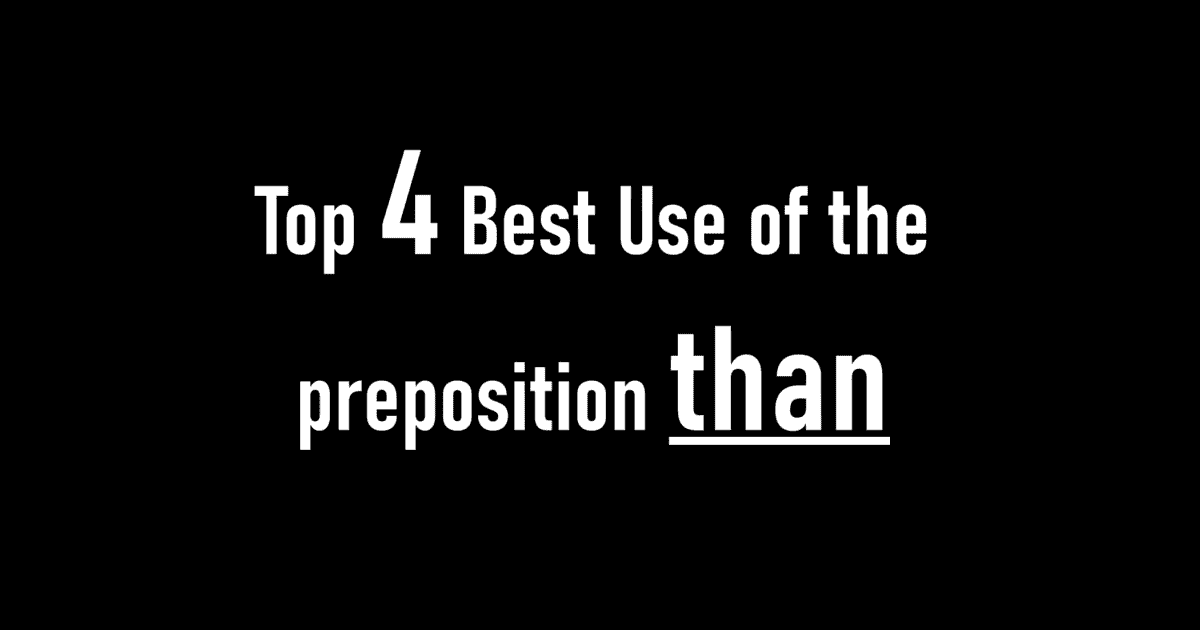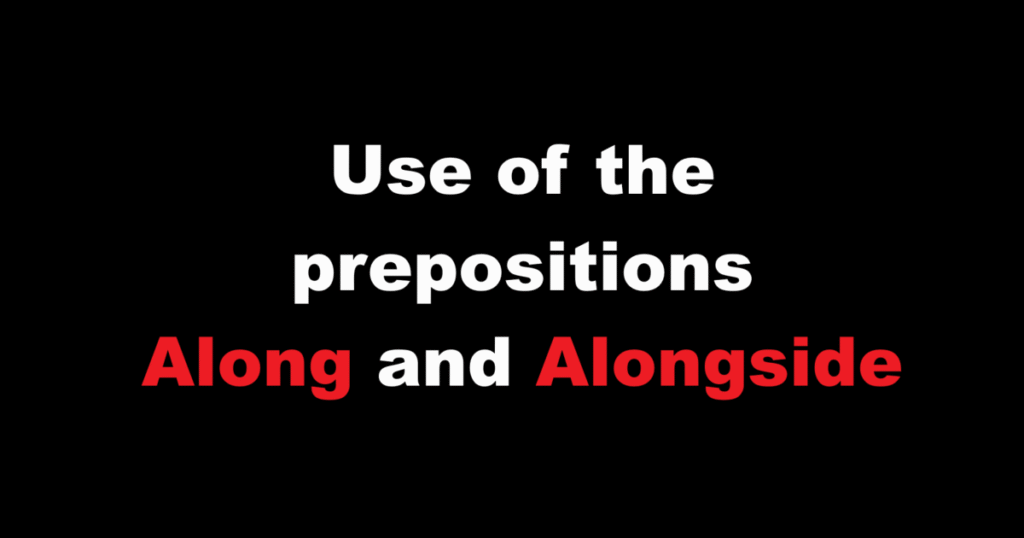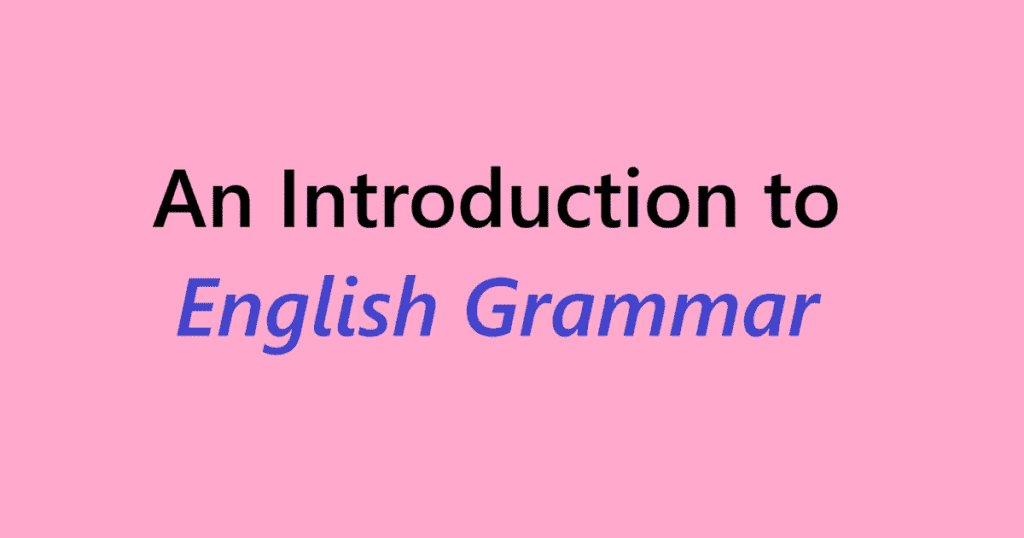Use of the preposition than. The preposition “than” is a small word with a big job: comparison. It’s the workhorse of comparative sentences, allowing us to establish relationships between things, qualities, and even actions. While seemingly simple, the correct usage of “than” can often trip up even experienced writers. This comprehensive guide will explore the various aspects of “than,” covering its grammatical function, common pitfalls, and subtle nuances, ultimately helping you wield this powerful tool with confidence and accuracy.
Use of the preposition than
What is “Than” and What Does it Do?
At its core, “than” is a preposition that introduces the second element in a comparison. It signals that we’re about to see what something is being compared to. This comparison can take many forms:
- Comparing quantities: “He has more books than I do.”
- Comparing qualities: “She is taller than her brother.”
- Comparing actions: “He would rather study than go to the party.”
- Comparing degrees: “The weather is warmer today than it was yesterday.”
In each of these examples, “than” acts as a bridge, linking the item being compared (e.g., “He,” “She,” “He,” “The weather”) to the standard of comparison (e.g., “I,” “her brother,” “go to the party,” “it was yesterday”).
The Grammar of “Than”: Subject vs. Object Pronouns
One of the most common areas of confusion with “than” lies in choosing the correct pronoun case following it. This is because “than” often introduces an implied clause, and the pronoun must be grammatically correct within that implicit clause. Here’s where the subject vs. object pronoun distinction becomes crucial.
The General Rule:
- If the implied clause includes a verb, use the pronoun that would function as the subject of that verb.
- If there is no verb in the implied clause, context and clarity should guide your choice.
Let’s break this down with examples:
- Example 1: “She is taller than I.”
- Here, the implied clause is “She is taller than I am.” “I” is the subject of the implied verb “am.” Therefore, the subject pronoun “I” is correct.
- It sounds more formal and grammatically precise.
- Example 2: “She is taller than me.”
- While often considered less formal, this usage is becoming increasingly accepted in modern English, particularly in spoken language. The implied clause is now often understood as “She is taller than she is comparing me.” In this interpretation, “me” could be construed as the object of the implied preposition “to” (She is taller to me). However, strictly speaking, it’s grammatically ambiguous.
- Consider your audience and the level of formality required.
- Example 3: “He likes her more than I.”
- Implied clause: “He likes her more than I do.” “I” is the subject of the implied verb “do.” Therefore, the subject pronoun “I” is correct. This means he likes her more than I like her.
- Example 4: “He likes her more than me.”
- Implied clause: “He likes her more than he likes me.” “Me” is the object of the implied verb “likes.” Therefore, the object pronoun “me” is correct. This means he likes her more than he likes me. The meaning is drastically different from the previous example!
Key Takeaway: The choice between “I” and “me” (and other subject/object pronoun pairs) after “than” hinges on the intended meaning and the presence (or implied presence) of a verb in the implicit clause. When in doubt, mentally complete the implied clause to determine the grammatically correct pronoun case.
Common Pitfalls and How to Avoid Them:
- Confusing “Than” and “Then”: This is perhaps the most common error.
- Than: Used for comparisons.Then: Used to indicate time, sequence, or consequence.Incorrect: “He went to the store, than he came home.”Correct: “He went to the store, then he came home.”Correct: “He is taller than his brother.”
- Redundant Comparatives with “More” or “Most”: Avoid using “more” or “most” with adjectives that are already comparative (ending in “-er”) or superlative (ending in “-est”).
- Incorrect: “This is more better than that.”
- Correct: “This is better than that.”
- Incorrect: “This is the most best option.”
- Correct: “This is the best option.”
- Incomplete Comparisons: Ensure that the comparison is clear and logical.
- Vague: “Their new car is faster.” (Faster than what?)
- Improved: “Their new car is faster than their old one.”
- Improved: “Their new car is faster than any other car on the market.”
- Parallel Structure: Maintain parallel structure when comparing elements. This means ensuring that the elements being compared are grammatically similar.
- Incorrect: “He enjoys reading books more than to watch movies.”
- Correct: “He enjoys reading books more than watching movies.”
- Correct: “He enjoys reading books more than he enjoys watching movies.”
- Using “Other” or “Else” Correctly: When comparing something to other members of its group, use “other” or “else” to exclude the item from being compared to itself.
- Incorrect: “She is taller than anyone in her class.” (This statement includes her!)
- Correct: “She is taller than anyone else in her class.”
- Correct: “She is taller than any other student in her class.”
- Incorrect Placement of “Only” or “Just”: The placement of adverbs like “only” and “just” can significantly alter the meaning of a sentence containing “than.”
- “I only want to eat apples than oranges.” (This suggests the speaker prefers apples over oranges.)
- “I want to eat only apples than oranges.” (This is grammatically awkward and doesn’t convey a clear meaning.)
- “I want to eat apples rather than oranges.” (A better phrasing for preferring apples.)
Advanced Considerations and Nuances:
- “No sooner…than…” and “Hardly…than…”: These constructions are used to indicate that one event happens immediately after another.
- “No sooner had he arrived than the phone rang.””Hardly had I sat down than there was a knock at the door.”
- “Other than”: This phrase means “except for” or “besides.”
- “Other than that, the presentation was excellent.”
- “I have no other concern than to ensure your safety.”
- Idiomatic Uses: “Than” appears in several idiomatic expressions.
- “Easier said than done.”
- “Better late than never.”
- “More dead than alive.”
Conclusion:
Mastering the use of “than” requires a solid understanding of its grammatical function and a careful consideration of context. By paying attention to pronoun case, avoiding common pitfalls, and understanding its various nuances, you can use “than” effectively to create clear, precise, and impactful comparisons in your writing and speech. Practice is key, so be mindful of your usage and refer back to this guide whenever you encounter a tricky “than” situation. With consistent effort, you’ll confidently navigate the complexities of this powerful preposition and elevate your communication skills.
Read Also,
- Learn all prepositions
- Use of the preposition above
- Use of the preposition about
- What is Religion
- News in Hindi
- Human vs AI
- Very Important Word Lists
>>> Sir Sahil


